Spiritual Practices
that connects us with God's grace
In addition to praying intercessory prayers, where we talk with God, spiritual practices that help us to listen to God fill us, guide us, challenge us, comfort us. There are many ancient and modern spiritual practices designed for this. A few of them include Dwelling in the Word, Faith 5, Dwelling in Mandalas and Icons, and the Prayer of Examen. These practices can be used individually or communally. As we are connected with God's grace, God also transforms us in the process as God's disciples, so that we can learn, love, and lead for the sake of the world God loves.
Vitality
The life of the Holy Spirit dwells among us to strengthen the relationships formed throughout our communities, between congregations, and with God’s self. This holy energy empowers us to be bold disciples and faithful participants in the play of God’s Spirit on the move!
The Southwestern Texas Synod Vitality initiative serves as a resource to congregations throughout their life cycles as they seek to follow closely the guiding of the Holy Spirit.
Change can be both hard and exciting. Sometimes it takes encouragement to remember that the wilderness of discernment can lead us to renewed discipleship. The Vitality Team was convened to walk with congregations and communities in the shadow of God who is with us all in our journey of discipleship.
For more information about how the Vitality Team can work with your community or congregation, please contact info@swtsynod.org.
Inclusivity, Diversity, and Equity (IDE)
Jesus calls us repeatedly to love each and every diverse and wonderful facet of God’s image in creation. He might phrase it in different ways, “love your neighbor as yourself,” (Matthew 22:37-39) “what you have done to the least of these you have done to me,” (Matthew 25:31-45), and “which of these was a neighbor to the man who fell into the hands of robbers…,”(Luke 10:29b – 37) among so many others, but each is a call to show love to those who are different than us and especially to those who experience hardship.
The Inclusivity, Diversity, and Equity team, in keeping with the ELCA’s Strategy Toward Authentic Diversity in our synod and in recognition of the need for change in the face of systemic inequalities and injustices experienced by people with marginalized identities, is tasked with transforming lives and our synod through advocacy, education, and relationship. The team aims to identify where conditions are ripe for transformative growth and to introduce resources for growth and transformation in those places (advocacy), to cultivate the conditions necessary for growth and transformation in spaces where they do not already exist (education), and the build meaningful relationship with congregational leaders throughout the synod, as well as leaders and members of Historic Black churches, Latiné churches, Indigenous organizations, Disability organizations, and other organizations, communities, and ministries centered around marginalized experiences and justice within our local context.
For more information about how the IDE Team can work with your congregation, please contact Pastor Katy Miles-Wallace at idecoordinator@swtsynod.org.
Migration Ministries
The Southwestern Texas Synod shares the longest border with Mexico of any synod in the ELCA. This unique geography joins us with individuals and families fleeing horrible circumstances in their home countries to seek asylum and a new life in the United States.
Our communities and ecumenical partners collaborate with non-profit organizations to provide a continuum of care for people in transit to family and community sponsors. Aid flows in a variety of forms such as meals and shelter or clothing, blankets and toiletries.
Border response is more than engaging in radical welcome of displaced people. Our commitment to serve our neighbor also compels us to engage in the life of the many residents living in border communities. Some residents are recent immigrants and others descend from the earliest settlers and native people. There are seasonal visitors from colder climates that are known as “Winter Texans.” The borderlands of Texas are an opportunity to experience a rich history and seek relationships with diverse communities formed by shared experience, unconditional love, and unity in the Body of Christ.
Disaster Preparedness & Response
Our hope is that no one should ever suffer from a disaster, but reality tells us otherwise. Because disaster could happen to anyone, we aim to provide people with helpful resources to prepare for and respond to a variety of disasters -- whether natural or human-made. The synod’s Disaster Preparedness and Response Team convenes regularly throughout the year and particularly before and after a disaster, and we work with our partners in the Texas-Louisiana Gulf Coast Synod and in Lutheran Disaster Response to serve our communities.
Generosity
Generosity is our faithful response as inheritors of the abundance of God’s creation. Central to the Christian life is the duty to fight the scarcity mindset that leads us to stress, doubt and ultimately greed. Living into the truth that God always provides means feeling grateful that we have enough and can leaving the rest for others.

